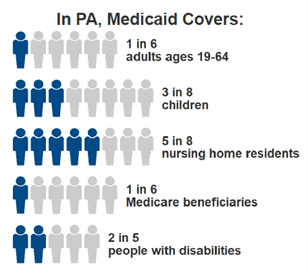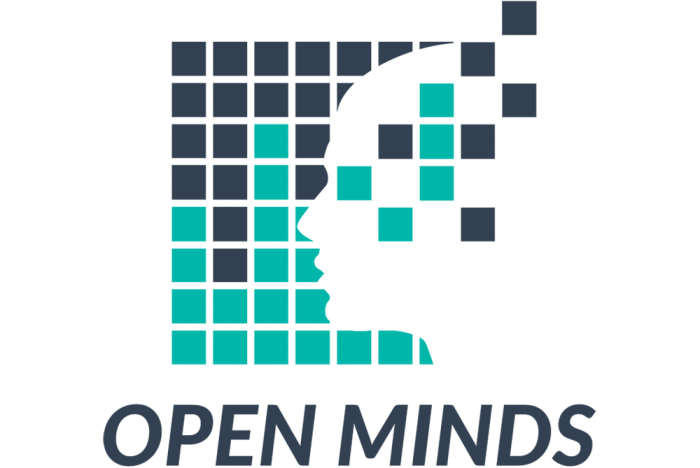Message from Representative Dan Miller’s Office:
Supporting and defending Medicaid funding to our Commonwealth has always been a top priority of mine, and this week we’re having a press conference to discuss the potential impact that Federal cuts to Medicaid may have on our most vulnerable populations.
Joining me will be U.S. Reps. Chris Deluzio and Summer Lee, other state lawmakers, and Allegheny County officials to highlight why defending Medicaid is imperative. We will also hear from self-advocates who would be directly impacted by Medicaid changes.
 The loss of Federal funding to states would be devasting for the more than 3 million Pennsylvanians who are enrolled in Medicaid. Medicaid also pays for 30% of Medicare. Those that depend on its supports and services, include:
The loss of Federal funding to states would be devasting for the more than 3 million Pennsylvanians who are enrolled in Medicaid. Medicaid also pays for 30% of Medicare. Those that depend on its supports and services, include:
- Seniors
- Low-income families and individuals
- People with disabilities
- Pregnant women and children, and many more.
The news conference will be held at 10:15 am Friday, February 28, at the Portico of the City-County Building, 414 Grant St., Pittsburgh.
We’ll also be joined by state Reps. Dan Frankel, Emily Kinkead, Jess Benham, Lindsay Powell, Aerion Abney, La’Tasha D. Mayes and Arvind Venkat; state Sens. Jay Costa, Wayne Fontana, Lindsey Williams and Nick Pisciottano; Mayor Ed Gainey; Allegheny County Controller Corey O’Connor; Pittsburgh Councilwoman Erika Strassburger; and the offices of County Executive Sara Innamorato and U.S. Sen. John Fetterman.
There is a lot to be discussed, and everyone is welcome to join us this Friday at 10:15 am at the Portico of the City-County Building located at 414 Grant Street in downtown Pittsburgh.
As always, if you have questions about this event or any state-related matter, please contact our office at 412-343-3870 or [email protected].
|
|

















